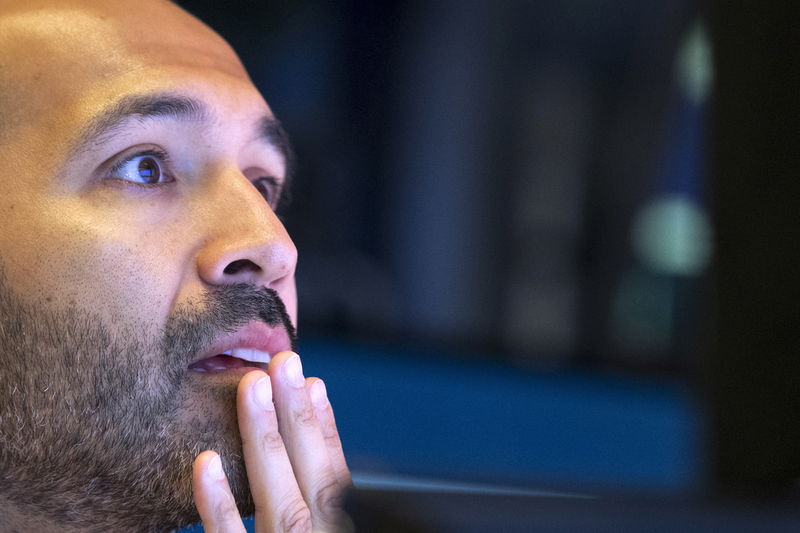During the past week, Iran-backed Houthi rebels in Yemen have fired missiles at container ships in the Red Sea, in an escalation of the Israel-Hamas war.
The Houthi's increased harassment of merchant shipping is threatening global trade, compelling numerous shipping lines and energy companies to contemplate alternate routes between Europe and Asia.
The Red Sea is of significant strategic importance, a vital maritime passage that facilitates 10-15% of global trade, including substantial portions of global grain and seaborne oil trade.
As a result of the attacks, more than 100 container ships moving consumer goods between Asia and Europe are rerouting to avoid the Red Sea, opting to take a longer route around the Cape of Good Hope in Africa, while others investigate alternative transport methods such as rail and air.
Oil giant BP (LON:BP) said that it had "decided to temporarily pause all transits through the Red Sea", including shipments of oil, liquid natural gas and other energy supplies.
Along with threatening global trade, the attacks have triggered a spike in oil prices. On Wednesday, global oil prices trended higher, with Brent crude breaking past the $80 resistance level as the Houthi attacks showed no signs of easing.
However, oil price rises were tempered somewhat yesterday due to an increase in US crude stockpiles. This followed a 1.5% rise on Tuesday after a significant spike of up to 4% in Monday trade.
Expanded naval task force
The attacks on commercial vessels in the Red Sea are an escalation of the Israel-Hamas war with the Houthi, acting in support of Hamas, targeting ships belonging to Israel or the country's Western allies.
The US and its allies are now determining how best to respond to support global trade without making the violence worse, including potential strikes on Yemen.
On Wednesday, the United States and its allies cautioned Iran-aligned Houthi militants against further maritime assaults in the Red Sea. The White House is seeking to expand the naval task force, named Operation Prosperity Guardian, that is dedicated to safeguarding international trade in this crucial region and is hopeful of more international participation.
Despite speculation about its inability to provide ships, Australia is expected to contribute additional personnel to the US-led Combined Maritime Force, based in Bahrain, though an official announcement has yet to be made.
John Kirby, the National Security spokesperson for the White House, explained that the Red Sea “is an important body of water, an international waterway for global commerce. And we have to, all of us, not just the United States, take that responsibility seriously and keep that free flow of navigation”.
While the situation is said to pose a more severe shipping crisis than the Suez Canal blockage in 2021, the overall economic impact, according to Bloomberg, might be moderate compared to the disruptions experienced during the COVID-19 pandemic.
